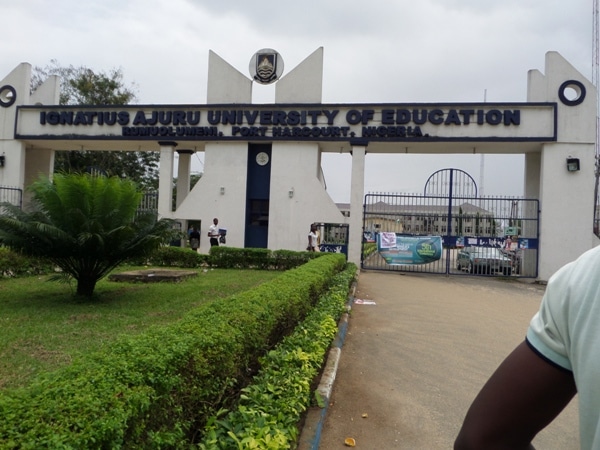
Three scientists won the Nobel Prize in Physiology or Medicine today for research into how a cell’s tiny transporters for hormones and molecules can navigate and drop off their contents without getting lost.
James Rothman, 62, professor of biomedical sciences, cell biology and chemistry at Yale University; Randy Schekman, 64, professor of molecular and cell biology at the University of California, Berkeley; and Thomas C. Suedhof, a German-born professor at Stanford University, will share the 8 million-kronor ($1.25 million) prize, the Nobel Assembly said today in Stockholm.
Last year’s Nobel prize for medicine went to stem-cell pioneers John B. Gurdon and Shinya Yamanaka. Gurdon’s early work in transferring DNA between a tadpole and a frog paved the way in 1996 for the cloning of Dolly the sheep. Ten years later, Yamanaka turned mouse skin cells into stem cells with the potential to become any cell in the body.
Annual prizes for achievements in physics, chemistry, medicine, peace and literature were established in the will of Alfred Nobel, the Swedish inventor of dynamite, who died in 1896. The Nobel Foundation was established in 1900 and the prizes were first handed out the following year.
An economics prize was created almost seven decades later in memory of Nobel by the Swedish central bank. Only the peace prize is awarded outside Sweden, by the five-member Norwegian Nobel Committee in Oslo.
The Nobel Prize in Physics will be announced tomorrow.


